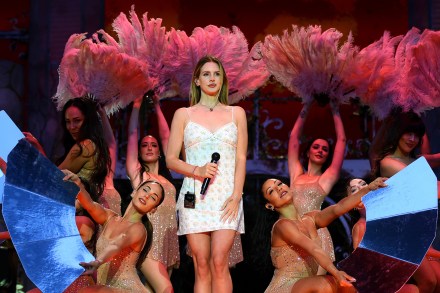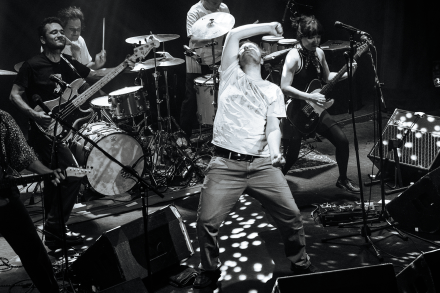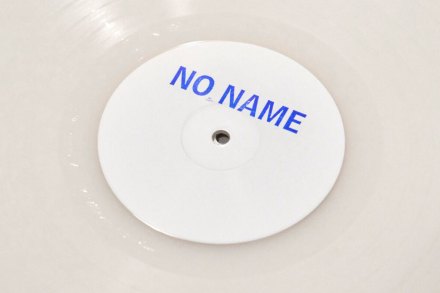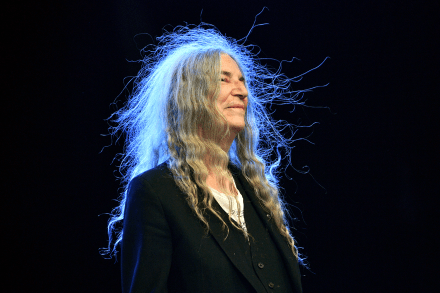An audacious and daredevil band: the Surfrajettes reviewed
For most people – once Brian Wilson had turned his back on the sea and started off down the lonely road to genius – surf music means either (or both) of two things: the Surfaris’ ‘Wipeout’ or Dick Dale’s ‘Misirlou’. Punchy, propulsive tunes, in other words, that make you feel like you’re on your way to the toughest party in town, or at least very much on your way to something – always driving forward, fast. The Surfrajettes are like that; their version of the Spice Girls’ ‘Spice Up Your Life’ is a revelation, turning an inoffensive (if admittedly banging) global dancefloor-filler into something that could plausibly soundtrack a rumble





















